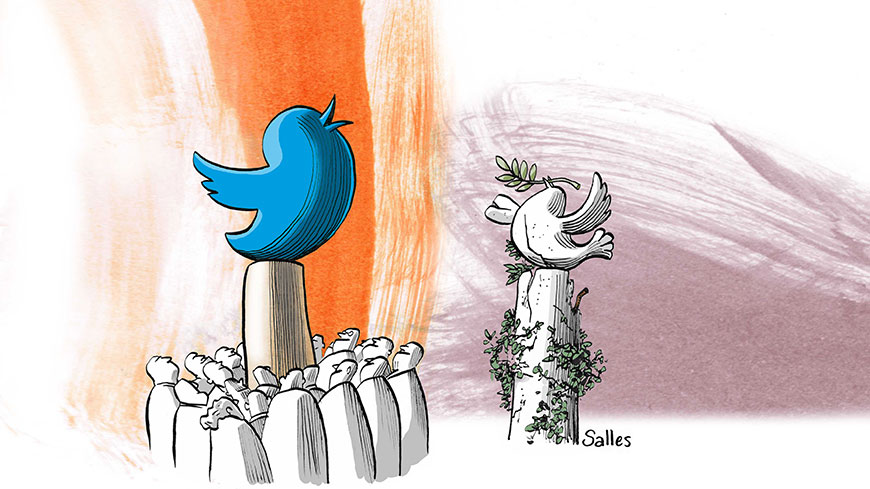World Forum for Democracy 2017: A word from the organisers

Democracy requires public trust and an institutional balance, enabling fair political competition, the alternation of power, and constructive political negotiation. This trust is being rapidly eroded. Many citizens now believe that the actors of liberal democracy – in particular traditional political parties, and the media, do not serve their interests. They feel that liberal democracy has failed them and they are looking for new opportunities for political participation.
This sentiment of powerlessness and desperation provides fertile ground for populism.
Some populists claim to make marginalised voices matter by formulating more equitable, fair, and sustainable policies. Others hijack the political debate with an aggressive, divisive rhetoric and attacks on liberal values. They claim to embrace democracy – but not of the liberal kind. They curb political pluralism and freedom of expression, and undermine the judiciary, media and multilateral institutions that can hold them accountable.
The liberal democratic consensus was born from the immense sufering of the Second World War. Mass political parties and the mass media were the guardians of liberal democracy in the industrial era. We need to profoundly rethink democracy in the age of the internet, big data, and social media and bring citizens to the heart of policy-making. The World Forum for Democracy 2017 will enable political leaders, activists and change-makers from around the world to share solutions that can help stop authoritarian populism, now a pathology of democracy, from becoming the norm.
Thorbjørn Jagland
Secretary General of the Council of Europe
Jean-Baptiste Mattéi
Ambassador, Permanent representative of France to the Council of Europe
Jean Rottner
President of the Region Grand Est
Roland Ries
Mayor of Strasbourg

